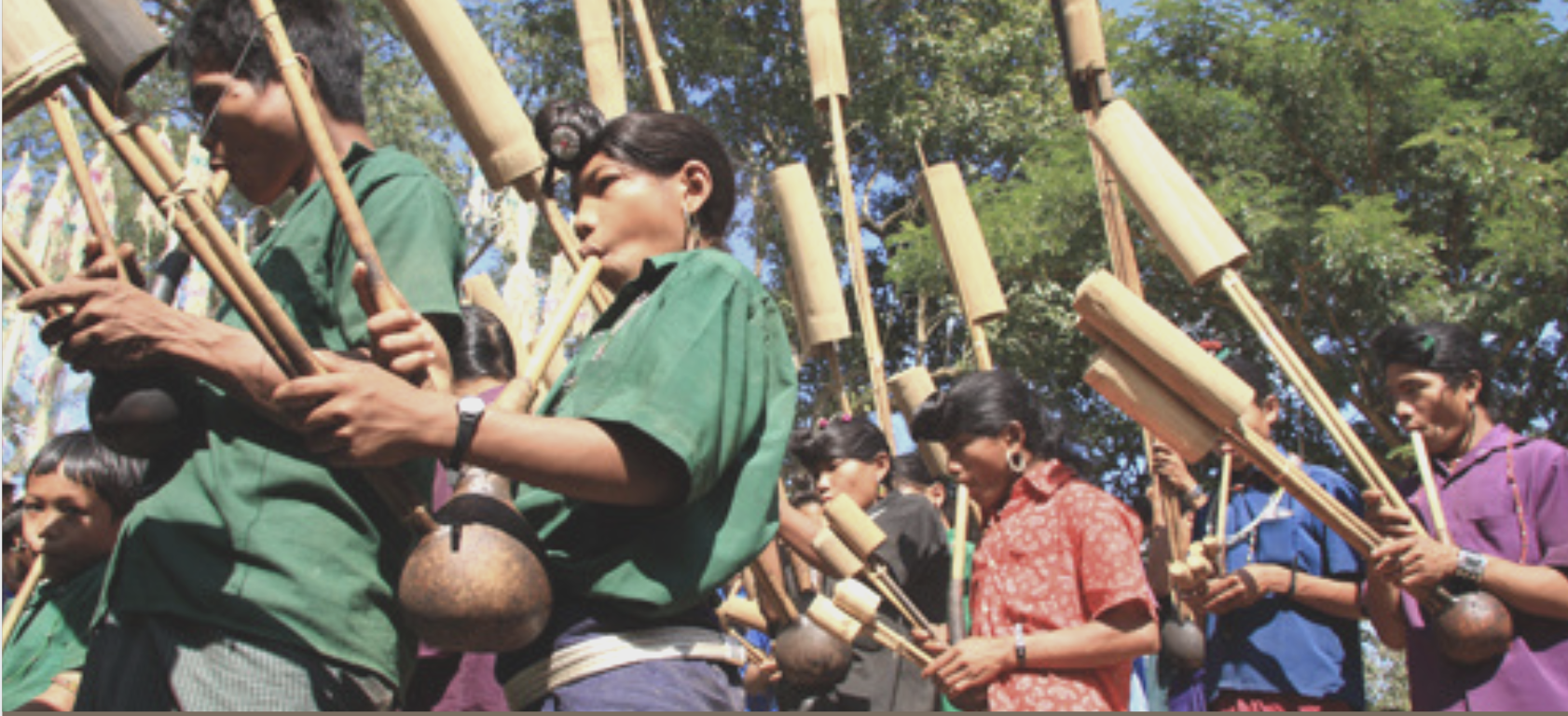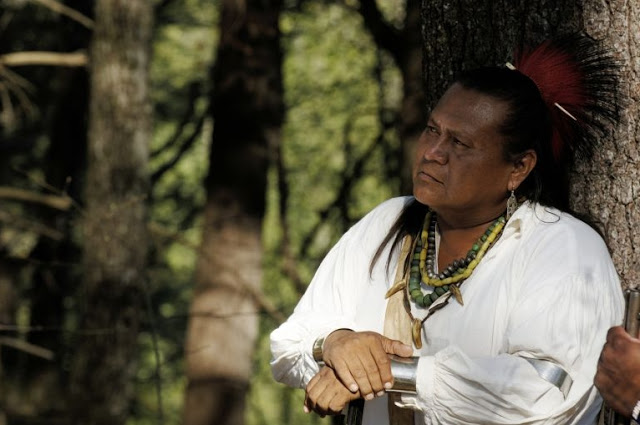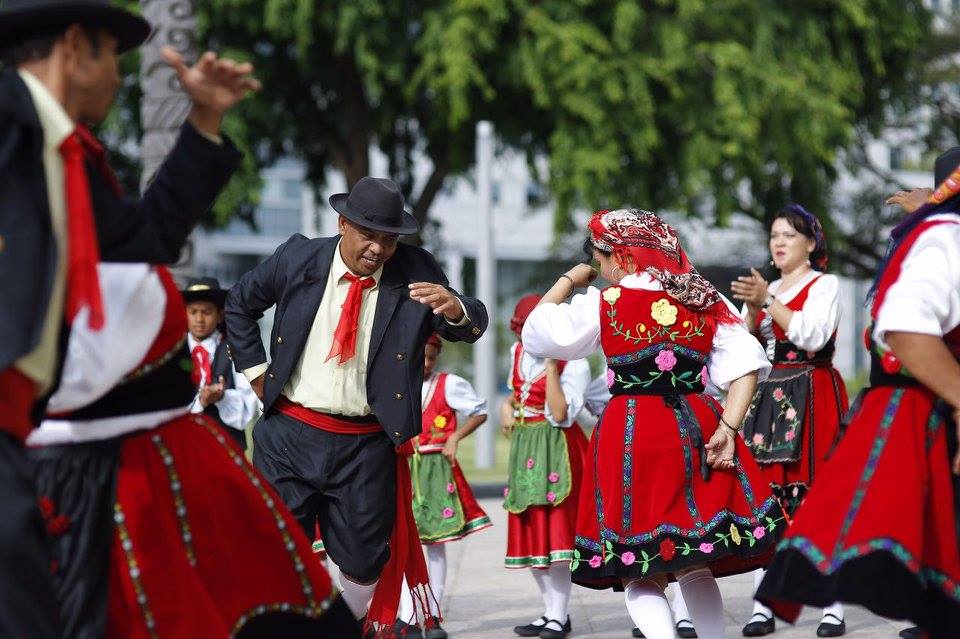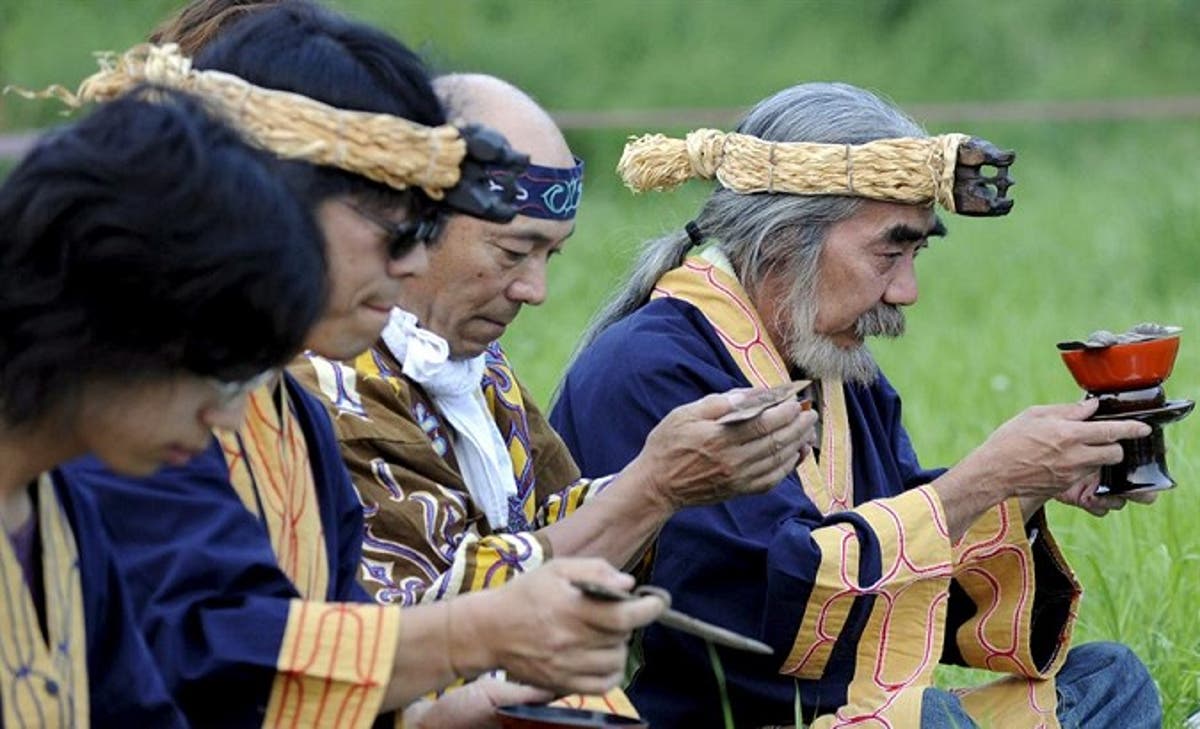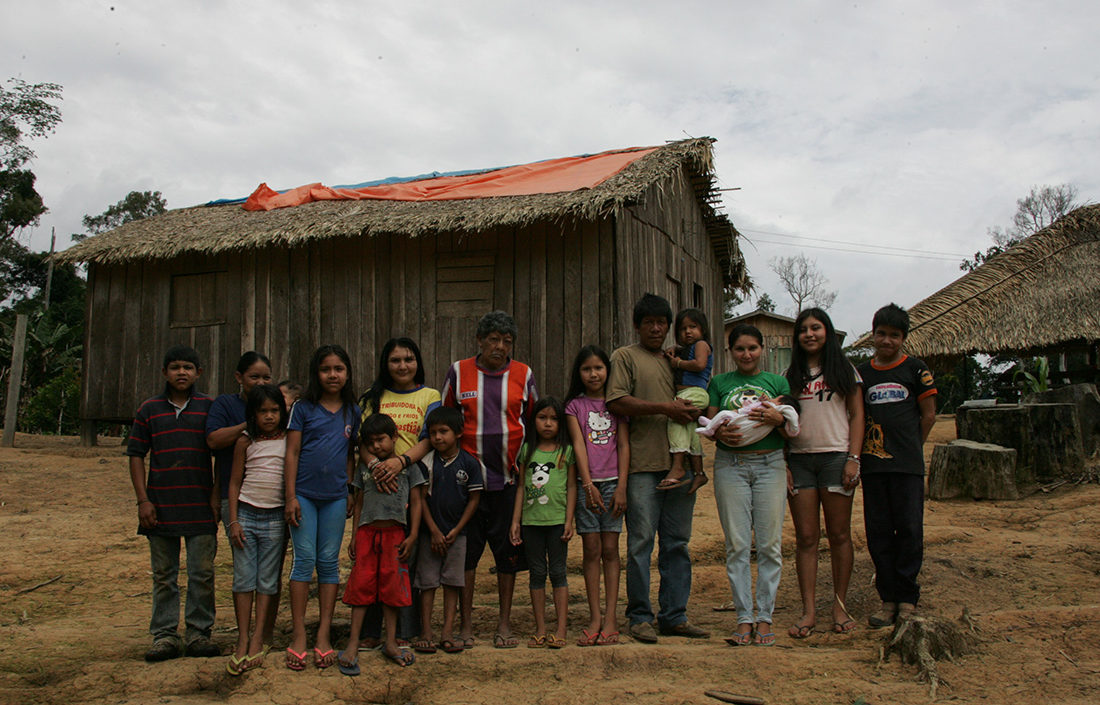ProZ.com's 14th annual online conference to celebrate International Translation Day is happening soon. If you have created an account at ProZ.com with the objective of meeting clients, don't miss the session "Finding ways through the maze: how clients and professionals meet at ProZ.com" on September 28th.
Read MoreFind your way through the maze at the ProZ.com's annual conference
Just a short word of thanks today to the team from Translation Commons who helped me enormously with the research for the 12-part “Language Watch” series.*
Language Watch 12: Romani
Persecution: enslavement, forced assimilation, segregation, genocide perpetrated by Nazi Germany during World War II, and other human rights violations – the history, both ancient and modern, of the Roma of East-Central and Eastern Europe and the Balkans, is a litany of suffering.
Read MoreLanguage Watch 11: Chipewyan in Canada
In this week’s Language Watch, we head for the first time to Canada, and the indigenous peoples known collectively as the First Nations. We zoom in on the northern boreal and Arctic regions and on the Dene people, who speak a group of languages that are described as Northern Athabaskan.
Read MoreLanguage Watch 10: FinSSL, DSL and APSL Sign Languages
The world’s deaf communities have long suffered from discrimination. Aristotle himself deemed the deaf unteachable, paving the way for centuries of prejudice. It was not until the 16th century that Italian physician Girolamo Cardano proclaimed that the deaf-mute people could “hear by reading and speak by writing”.
Language Watch 9: Yolŋu Matha, Australia
Take a look at the video below and within seconds you’ll realise where we’re headed in this week’s Language Watch. So far in our series, we’ve travelled to Asia, Africa, North and South America, and Europe, shining a spotlight each time on minority and endangered languages throughout the world. Now for the first time, we’re in Oceania, in Australia’s Northern Territory to be precise, and the world of the Yolŋu Aboriginal people.
Read MoreLanguage Watch 8: Mru in Bangladesh, Myanmar and India
Some of the communities and languages we focus on in this series may be vaguely familiar to you. Many others are completely unknown in the wider world – and barely even recognised or understood in the countries in which they have lived for centuries. Such is the case of the Mru people of Bangladesh – one of the many tribes that populate the Chittagong Hill Tracts, an underdeveloped and heavily militarised region in the South-East of what is already a country facing momentous struggles of its own.
Read MoreLanguage Watch 7: Cherokee
Cherokee, Sioux, Apache, Navaho… all names that trip off the tongue easily enough, just as the music in this video might ring familiar, but how much do we really know about the history, cultures and languages of the indigenous peoples in what are now the United States?
Very little in fact – most of our mental imagery is probably a product of Hollywood, and the very names of these great nations have been co-opted by car makers, songwriters and other avatars of popular culture.
Language Watch 6: Kristang, Malaysia
A quick glance at the first photo and you might think you were looking at a traditional dance in some Portuguese village. However, look more closely at the faces and you realise with a start that the scene is more likely taking place in Asia. Your initial confusion is understandable, because these are in fact Eurasians, and they belong to the Kristang community in Malaysia. See this video for a few examples of this fascinating language…
Language Watch 5: Ainu, Japan
If you’re an observer of the world stage and pride yourself on your internationalist outlook, you’re likely to be familiar with the history and struggles of Aboriginal Australians, Native Americans, or the First Nations of Canada. But chances are, you’re less aware of the history or languages of the indigenous peoples of Japan. In fact, each of Japan’s two main islands has its own people: Honshu to the South was originally inhabited by the Okinawans, while Hokkaido to the North was home to the Ainu, to whom this issue of Language Watch is dedicated.
Read MoreLanguage Watch 4: Nǁng, Kalahari Desert
No, “Nǁng” is not a typo. Nor are its variants “N|uu" or “Nlu”. As you’ll see from the video, it’s a way of capturing some of the unique clicking sounds in this endangered language, native to the Kalahari Desert.
In fact, there are just 4-5 speakers left, all aged 80-95, in the form of Hannah Koper and her sisters (the last male speaker passed away in 2013), plus a smattering who can recall isolated words.
Read MoreLanguage Watch 3: Juma, the Amazon
Take a few minutes to look at the video and take in the sights and sounds of a way of life threatened by extinction. This is the Juma culture in Brazil’s Amazon region. The language, also known as Juma, is a dialect of Kagwahiva, a branch of the Tupii Guaraani family of Amazonian languages. Juma and its phonetics were studied by American missionaries Arne and Joyce Abrahamson, from the Summer Institute of Linguistics in the 1970s.
Language Watch 2: Nanai
Once again, begin by closing your eyes and listening to the haunting tones of this song.
Read MoreLanguage Watch: Griko
In future, our Thursday morning posts, as mentioned last week, will be dedicated to minority and endangered languages throughout the world, helping raise awareness of this vital area of the work of Translation Commons, and simply enhancing our knowledge of a linguistic diversity that’s often hidden from view.
Language Digitisation Initiative: making indigenous languages readable and writeable in onscreen format
ProZ.com is in a partnership with Translation Commons to promote and support their important campaigns.
One of the most impressive of those campaigns is the LDI, or Language Digitisation Initiative, which works towards making indigenous languages readable and writeable in onscreen format.








